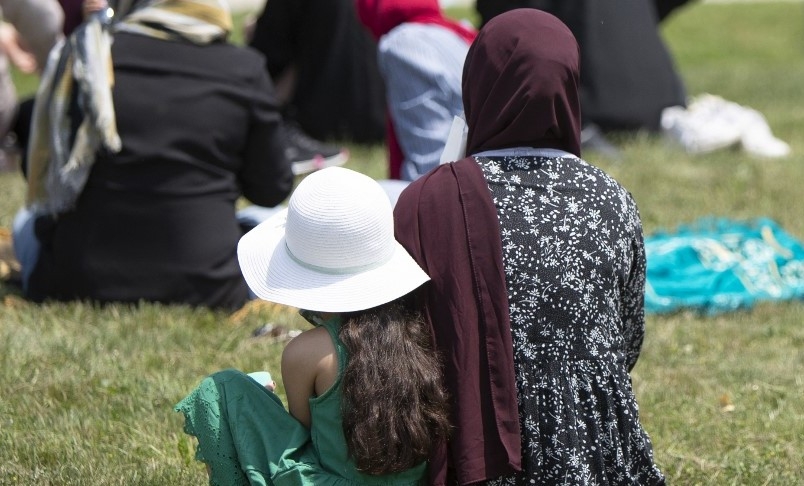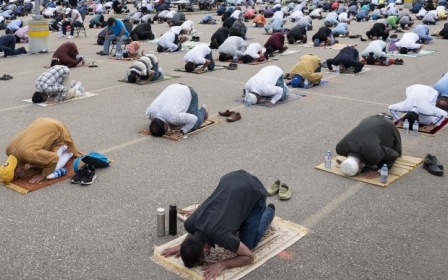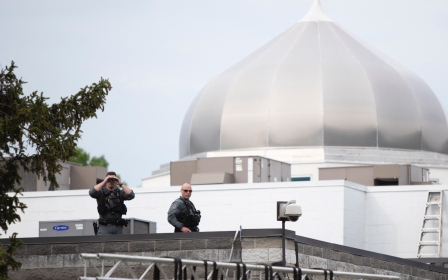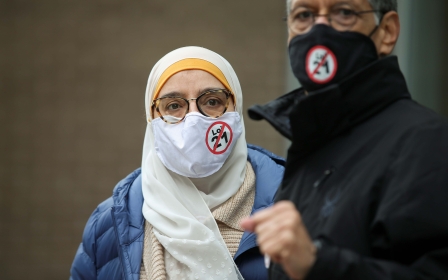Canadian judge denies request to suspend prayer room ban in public schools

The Quebec Superior Court denied a request by Muslim organisations to suspend the province’s ban on prayer rooms in public schools.
Last week, six groups - which include the Muslim Association of Canada, the Canadian Muslim Forum and four local organisations - filed a lawsuit asking the court to “declare constitutionally invalid, inapplicable, inoperative, or to annul” the order to prohibit all forms of prayer in public schools.
They argued that the ban was causing harm to Muslim students and needed to be suspended immediately.
On Wednesday, the judge agreed with the groups but said that the organisations did not demonstrate the need for urgency because they only filed their request for a stay in June when the ban went into effect on 3 May.
The judge said there were "serious questions" about the constitutionality of the ban but that they would be settled during a full trial, The Canadian Press reported.
New MEE newsletter: Jerusalem Dispatch
Sign up to get the latest insights and analysis on Israel-Palestine, alongside Turkey Unpacked and other MEE newsletters
According to the judge, the constitutional violations were not sufficiently clear for him to suspend the rule so early in the legal challenge.
"There is a head-on collision regarding the use of public space, between the prohibition of overt prayer and religious practice and the secular status of this space; it is a given that the infringement of religious freedom continues," he said.
In 2021, a court in Quebec upheld parts of a law that bans some government workers from wearing religious symbols - such as the hijab - at work, despite acknowledging that it violates the rights of Muslim women.
The Quebec Superior Court ruled, that while the law known as Bill 21 has "serious and negative consequences for all those who wear religious symbols in public", it ultimately does not violate "the Canadian constitutional architecture".
Middle East Eye delivers independent and unrivalled coverage and analysis of the Middle East, North Africa and beyond. To learn more about republishing this content and the associated fees, please fill out this form. More about MEE can be found here.




